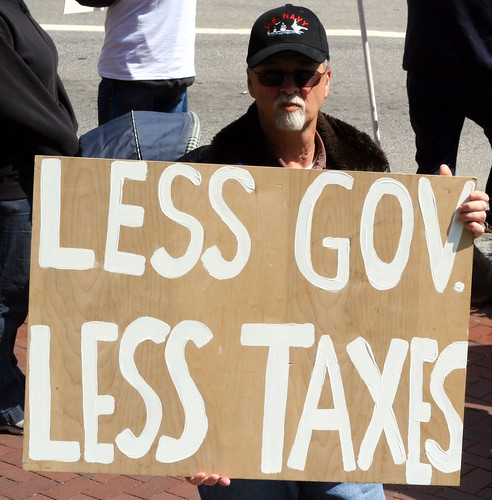The Slippery Slope of Freedom
“Any people that would give up liberty for a little temporary safety deserves neither liberty nor safety.”Benjamin Franklin
“… God forbid we should ever be twenty years without such a rebellion. The people cannot be all, and always, well informed. The part which is wrong will be discontented, in proportion to the importance of the facts they misconceive. If they remain quiet under such misconceptions, it is lethargy, the forerunner of death to the public liberty…. And what country can preserve its liberties, if its rulers are not warned from time to time, that this people preserve the spirit of resistance? Let them take arms. The remedy is to set them right as to the facts, pardon and pacify them. What signify a few lives lost in a century or two? The tree of liberty must be refreshed from time to time, with the blood of patriots and tyrants. It is its natural manure.”
Thomas Jefferson Papers, 334 (C.J. Boyd, Ed., 1950)
“If we wish to be free, if we mean to preserve inviolate those inestimable privileges for which we have been so long contending, if we mean not basely to abandon the noble struggle in which we have been so long engaged, and which we have pledged ourselves never to abandon until the glorious object of our contest shall be obtained _ we must fight!” Patrick Henry
“Can the liberties of a nation be sure when we remove their only firm basis, a conviction in the minds of the people, that these liberties are a gift from God? Thomas Jefferson
The Constitution is not an instrument for the government to restrain the people, it is an instrument for the people to restrain the government.”
Patrick Henry
“The citizens of the U.S. are responsible for the greatest trust ever confided to a political society”
“Resistance to tyrants is obedience to God.” Thomas Jefferson
“Necessity is the plea for every infringement of human freedom. It is argument of tyrants. It is the creed of slaves.” William Pitt in the House of Commons November 18, 1783
“We must all hang together, or, assuredly, we shall all hang separately.” Benjamin Franklin at the signing of the Declaration of Independence, July 4, 1776
A wise and frugal government, which shall restrain men from injuring one another, which shall leave them otherwise free to regulate their own pursuits of industry and improvement, and shall not take from the mouth of labor the bread it has earned. This is the sum of good government, and this is necessary to close the circle of our felicity. Thomas Jefferson, First Inaugural Address.
“Government is not reason; it is not eloquence. It is force. And force, like fire, is a dangerous servant and a fearful master.” George Washington
Highlight all the text to be inspired, then link through to our friends at Google and Wikipedia and take action against SOPA & PIPA.

 Last week I went to Washington, D.C., with my wife and mother-in-law. As a political science major and later law school graduate, surprisingly I’d never been to our nation’s capital. I had a wonderful time, and hopefully came up with a few blog posts about my trip.
Last week I went to Washington, D.C., with my wife and mother-in-law. As a political science major and later law school graduate, surprisingly I’d never been to our nation’s capital. I had a wonderful time, and hopefully came up with a few blog posts about my trip.











Most Recent Comments